Category : India
Mar 15, 2022 | Announcements, Arts Program, Community, In Region, India, News
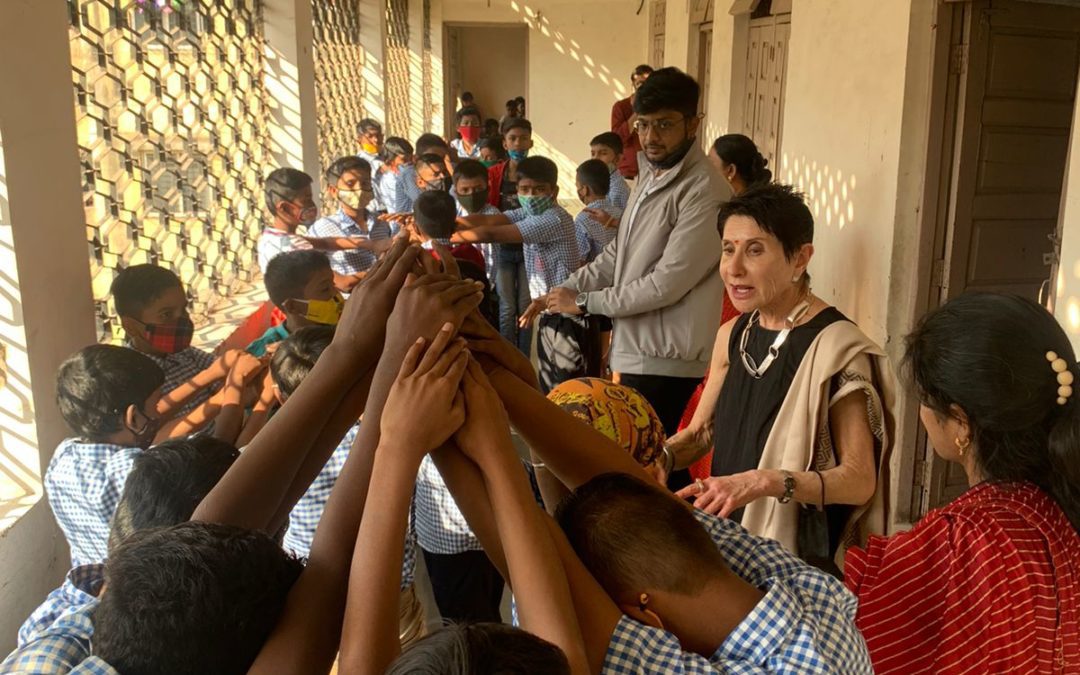
Professor Doris Sommer, a Mittal Institute Steering Committee member, recently visited the Indian city of Pune to launch the Pre-Texts project, a pedagogy based on interpretation through the arts. She is partnering with Professor Yugank Goyal of FLAME University in Pune, where the project is being housed. Pre-Texts is an arts-based training program for teachers of literacy, critical thinking, and citizenship. While the number of readers has grown worldwide, reading comprehension stays alarmingly low because students need to use texts in order to understand them. With Pre-Texts, students master texts by using them to create visual and performative arts.
Mar 15, 2022 | Announcements, Arts Program, Community, In Region, India, News

The Mittal Institute sat down with Dr. Sharmila Sen, Editorial Director of Harvard University Press, to learn more about the Murty Classical Library of India collection and the new volumes published this winter. Harvard University Press, founded in 1913, has published many bestsellers and critically-acclaimed books for general readers and scholarly/professional audiences. Dr. Sen strategizes and oversees Harvard University Press’ overall book acquisition program.
Mar 10, 2022 | Announcements, Community, Graduate Student Associates, In Region, India, News
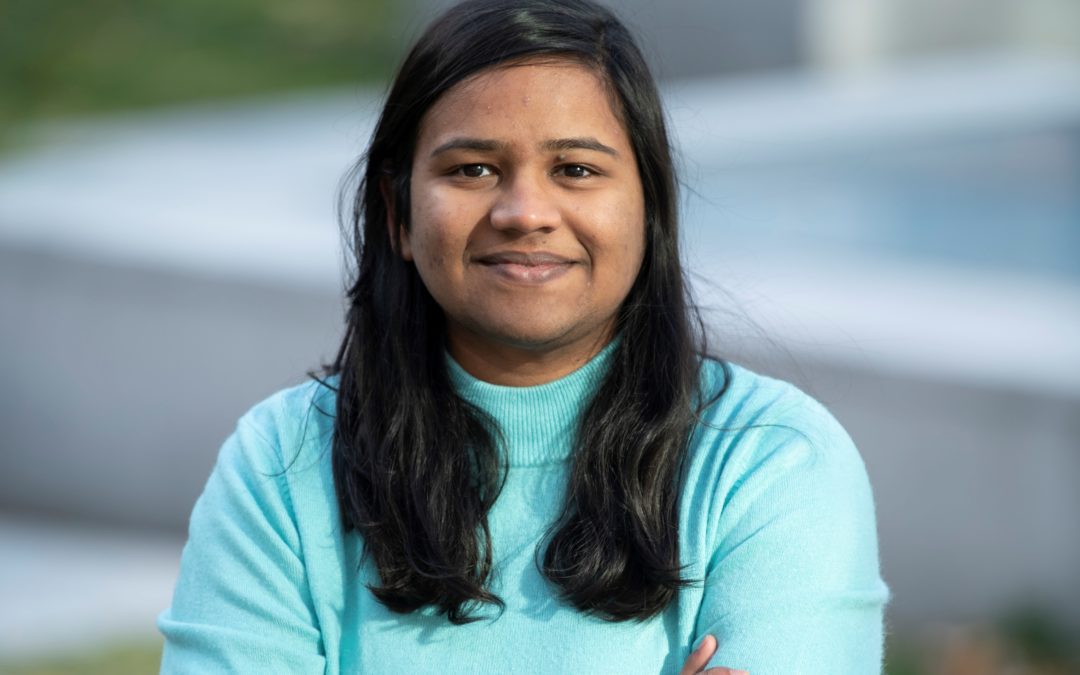
Ronak Jain, a Mittal Institute Graduate Student Associate, is a 4th year Ph.D. student in Economics at Harvard University. Her research interests lie in the intersection of economic development and behavioral economics. Her work seeks to understand how beliefs and preferences shape economic and psychological outcomes of individuals and communities, with a regional focus on South Asia. She is a former Harvard Kennedy Scholar. She also serves as a Resident Advisor for Graduate Students in the GSAS Residence Halls at Harvard.
Feb 23, 2022 | Announcements, Associates, In Region, India, News, South Asia in the News
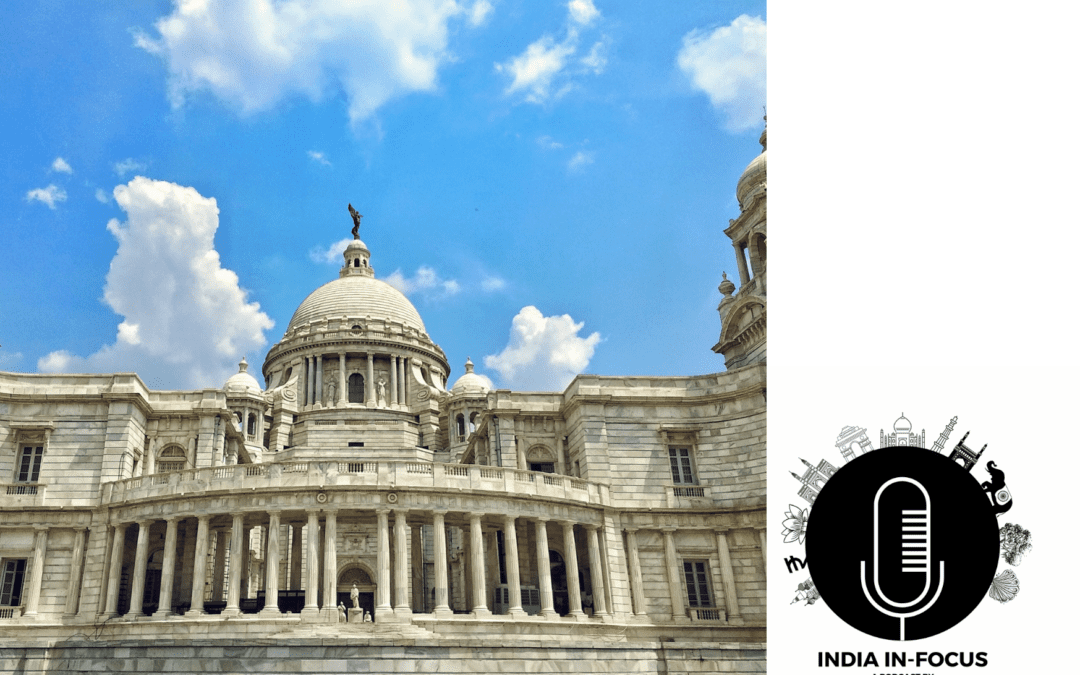
Host: Taamra Segal, Communications and Outreach Manager, The Lakshmi Mittal and Family South Asia Institute. Harvard University Guest: Atanu Chakraborty, Former Economic Affairs Secretary, Government of India, Research Affiliate with Lakshmi Mittal & Family South...
Feb 23, 2022 | Announcements, Faculty, In Region, India, News

Adobe photo by Nico El Nino. Policy administrators in India confront complex issues concerning population, health and development and are continually looking for ways to address them. While data is available, a user-friendly resource that has the ability to...
Feb 23, 2022 | Announcements, In Region, India, News
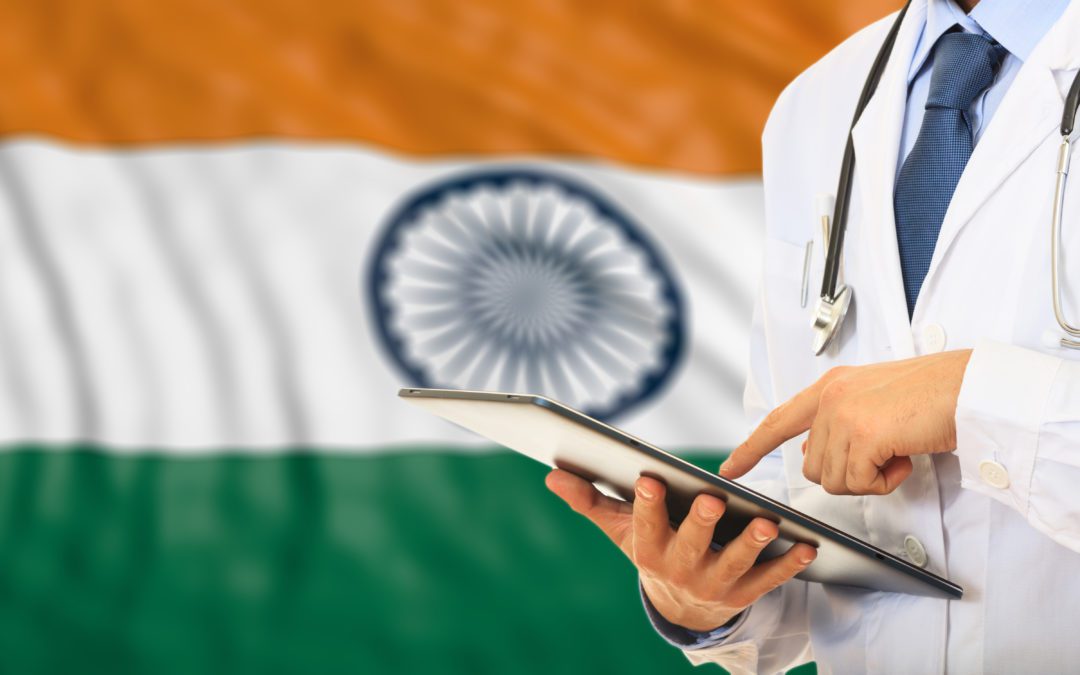
Image courtesy Lancet Citizens’ Commission. The Lancet Citizens’ Commission on Reimagining India’s Health System is an ambitious, cross-sectoral endeavor to lay out the roadmap to achieving Universal Health Coverage (UHC) for the people of India. A guiding...
Feb 15, 2022 | Announcements, Associates, In Region, India, News
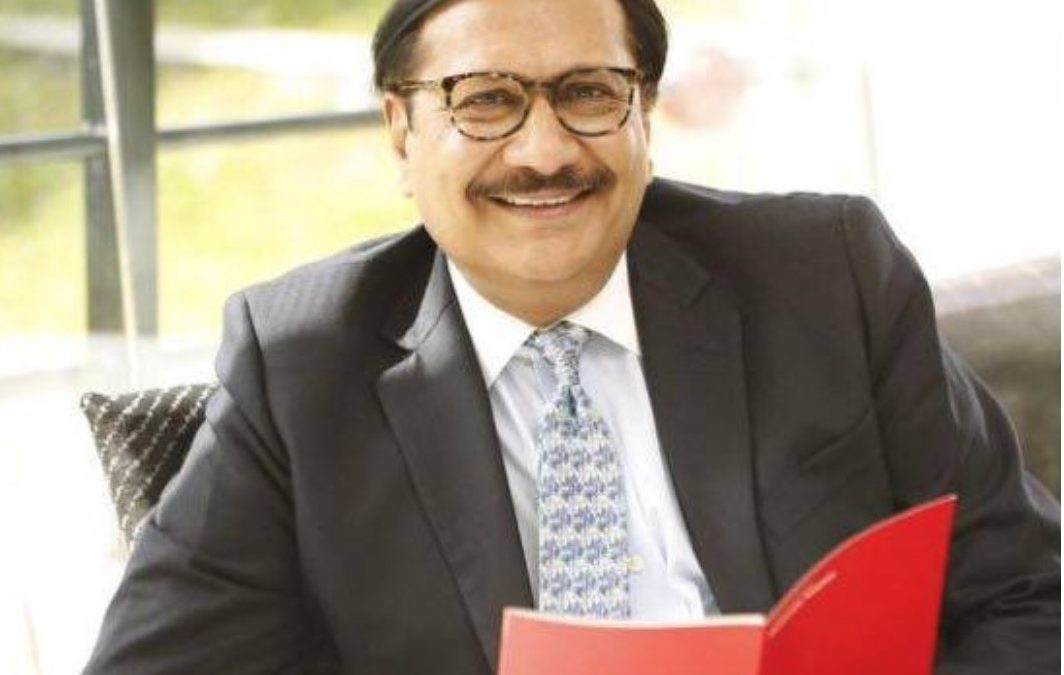
The Mittal Institute welcomes Rahul Gupta as a Research Affiliate. Rahul’s mission is a malaria-free India, and then the world, through the development of healthy housing strategies to complement the current core malaria interventions of insecticidal bed nets and indoor residual spraying. The Mittal Institute spoke with him about his past experience in the banking world, and current commitment to public health.
Feb 1, 2022 | Announcements, Community, Faculty, In Region, India, News, Students

It started as a solution to a challenge: how do we help students from India’s government schools follow their dreams and explore their curiosity towards science, technology, and everything in between? The answer took the form of Scienspur: an initiative led by Nagaraju ‘Nag’ Dhanyasi and Vinay Vikas, who brought together their network of Ph.D.s and postdocs using a Mittal Institute grant to provide free science courses to students from public colleges across India.
Feb 1, 2022 | Announcements, Community, In Region, India, News, South Asia in the News

Nirupama Rao, a former Foreign Secretary of India, unknots this complex saga of the early years of the India-China relationship in her new book, The Fractured Himalaya. As a diplomat-practitioner, Rao’s telling is based not only on archival material from India, China, Britain and the United States, but also on a deep personal knowledge of China, where she served as India’s Ambassador. She shared her new book with the Mittal Institute ahead of her upcoming February 17 Borders in Modern Asia Seminar Series talk, “The Fractured Himalaya.”
Jan 27, 2022 | Announcements, Community, COVID-19, Faculty, In Region, India, News
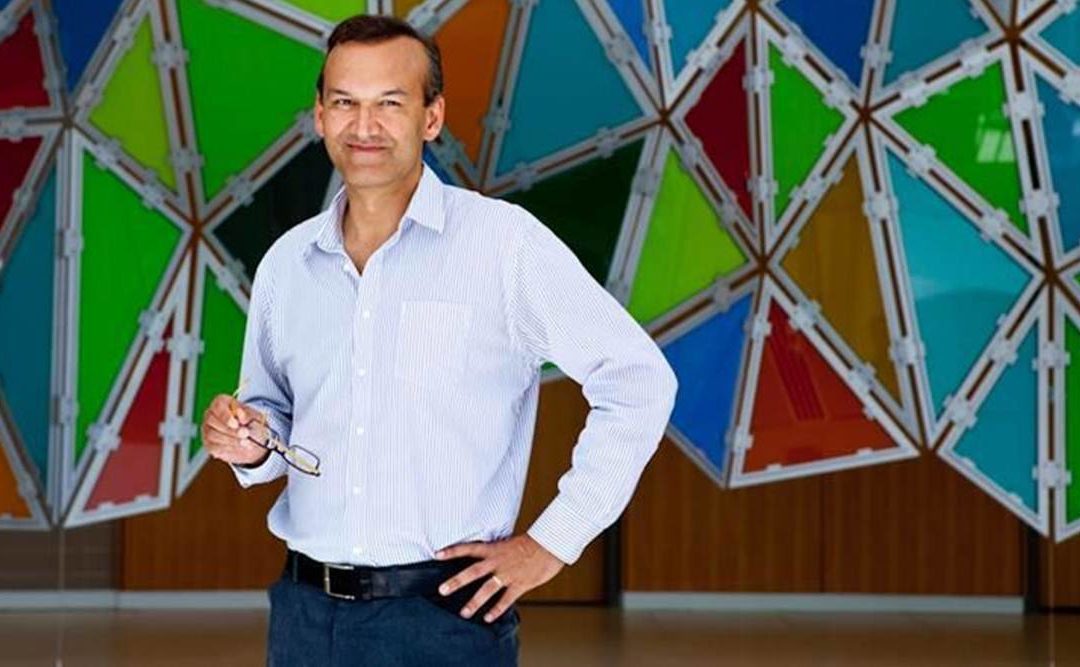
Prabhat Jha, Professor in Disease Control at the Dalla Lana School of Public Health, University of Toronto and one of the event panelists, gave the Mittal Institute some insight into what he will focus on during the talk. As an epidemiologist, Dr. Jha studies the major causes of death in developing countries – including those from COVID-19. He is the lead author of a study published in Science that estimates India’s total COVID-19 deaths are “substantially greater than estimated from official reports.” He shared more on his survey in the interview below.
Jan 26, 2022 | Announcements, Associates, Community, In Region, India, News, Students
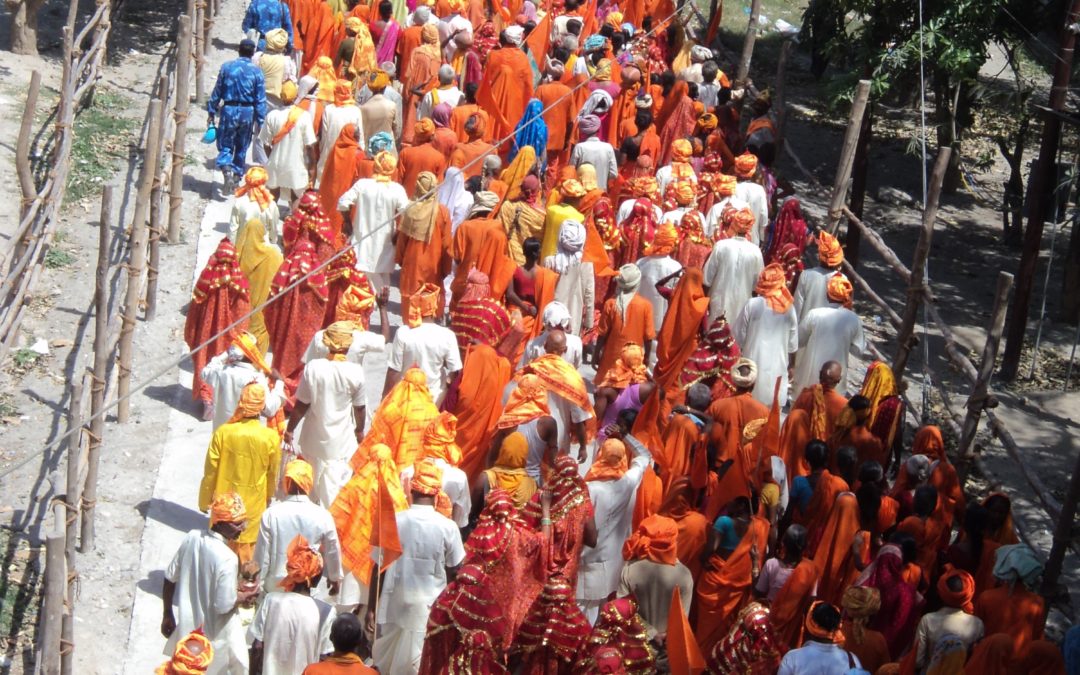
Sujata Saunik, former Mittal Institute Research Affiliate and current Additional Chief Secretary of the Government of Maharashtra, spoke with the Mittal Institute about her new book, “Deconstructing the Kumbh Mela: Nashik-Trimbakeshwar 2015 – A Public Health Perspective,” which details some of the underpinings of planning the Kumbh Mela. She was the Principal Health Secretary during the 2015 Kumbh Mela, and in the book documents the detailed planning, preparedness and foresight necessary to plan an event of such magnitude. Sujata says the book is a celebration of the zeal of the entire workforce that is involved in the event, and she shares her experience in the interview that follows.
Jan 26, 2022 | Announcements, Community, In Region, India, News, Students

Image courtesy Divyanka Kapoor. Blossom, a forthcoming phone app from Divyanka Kapoor ’21, aims to mitigate any social and emotional challenges presented to neurodiverse families and individuals. Blossom is designed to connect neurodiverse families, to help...












